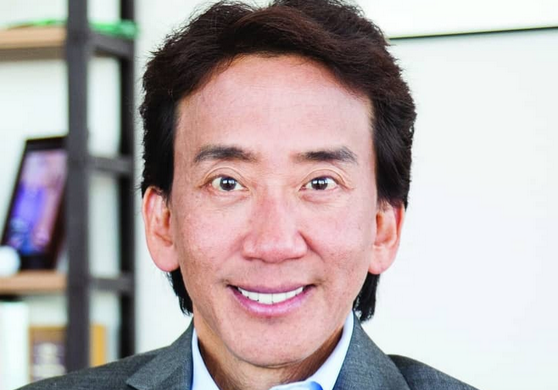David Hung’s Nuvation Bio seals merger with blank cheque firm Panacea

Two years after quietly forming cancer start-up Nuvation Bio, ex-Axovant and Medivation CEO David Hung has agreed a big merger that will take it public – and provide more than $850 million in funding to boot.
Hung’s new company is merging with Panacea Acquisition Corp, a special purpose acquisition company or SPAC – sometimes referred to as a ‘blank cheque’ company – tapping into an emerging trend among biotech companies.
SPACs are set up with investor funding – generally aiming to bolt-on an R&D pipeline via M&A – and can provide a quicker route to a public market debut than the more common initial public offering (IPO).
The SPAC goes public itself, ahead of any acquisition or merger, and Panacea went down that route with a $150 million IPO earlier this year, along with a pledge to find suitable merger candidates in the oncology field.
That IPO adds to a sizeable $275 million first-round financing for Nuvation last year, while institutional investors led by EcoR1 Capital have committed $500 million to the company through concurrent equity investments associated with the Panacea merger.
That big war chest will be available to advance Nuvation’s pipeline of six-wholly-owned experimental cancer therapies that all scheduled to start clinical trials between now and 2026, headed by a drug for patients with high-grade gliomas, an aggressive form of brain cancer.
The deal catapults Hung back into the spotlight after a turbulent few years. He led Medivation to a big $14 billion takeover by Pfizer in 2016, and then joined Roivant group company Axovant, where things didn’t go so well.
Hung left Axovant in 2018, shortly after the biotech’s lead candidate for Alzheimer’s disease flunked a phase 3 programme and was abandoned, and founded Nuvation later that year to develop “novel oncology therapeutic agents for the most difficult-to-treat cancers, specifically targeting indications for which conventional therapies have failed.”
The first of these, CDK 2/4/6 inhibitor NUV-422, is due to start a phase 1/2 trial in gliomas, including a form called glioblastoma multiforme (GBM) with very few treatment options, in the first quarter of 2021. That’s also around the time the Panacea merger is expected to close.
There are also drugs targeting BET, WEE1 and A2A in preclinical development for leukaemia and solid tumours, and a series of PARP-targeting drugs for prostate, breast and ovarian cancer.
“We have demonstrated, in preclinical studies, the potential of those candidates to significantly improve outcomes over current standards of care,” said Hung, who will retain his position as CEO of the company after the merger closes.
Hung, together with the team of chemists from Medivation, invented all of the programs in Nuvation’s current pipeline, according to the company.
Panacea CEO Oleg Nodelman said the SPAC was set up to partner with a company that had “an exceptional management team, a deep pipeline, and a platform technology that could enable success to be replicated over and over,” adding: “that is exactly what we saw in Nuvation.”












